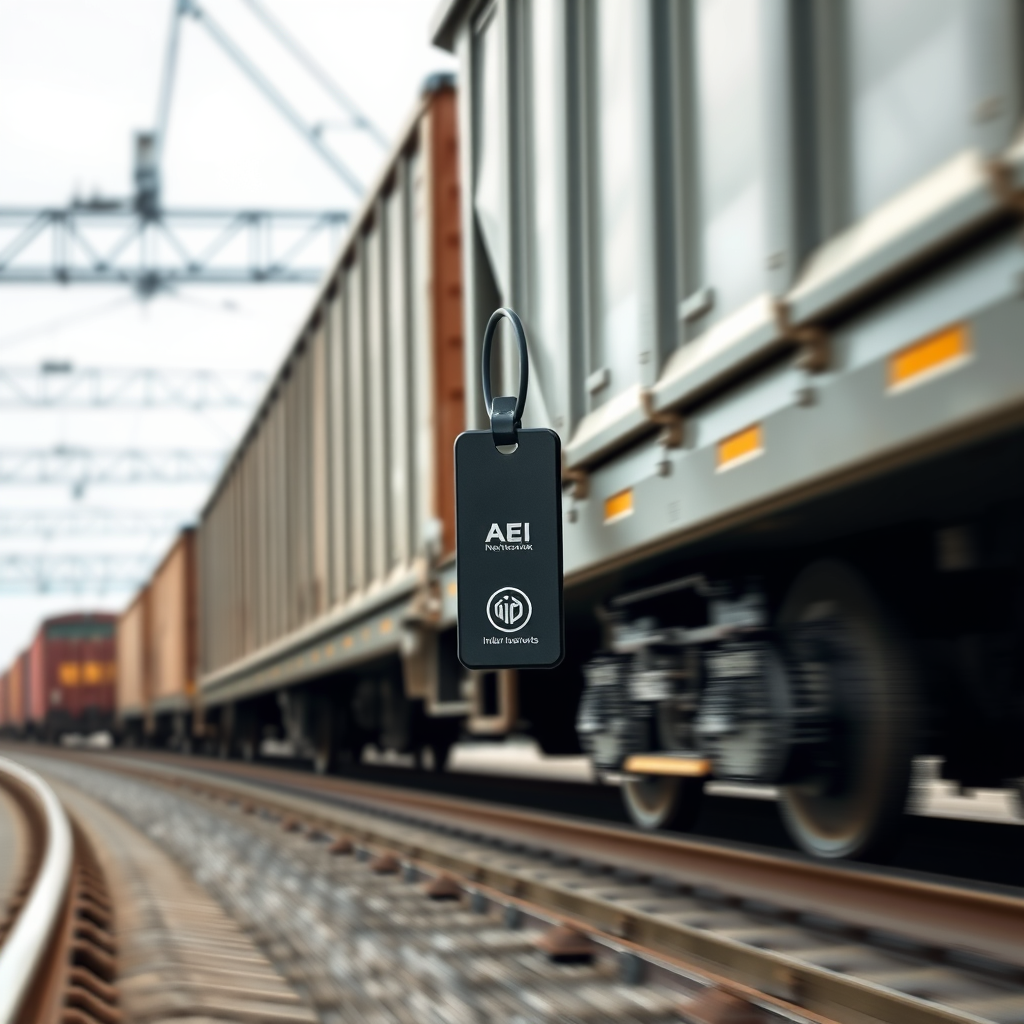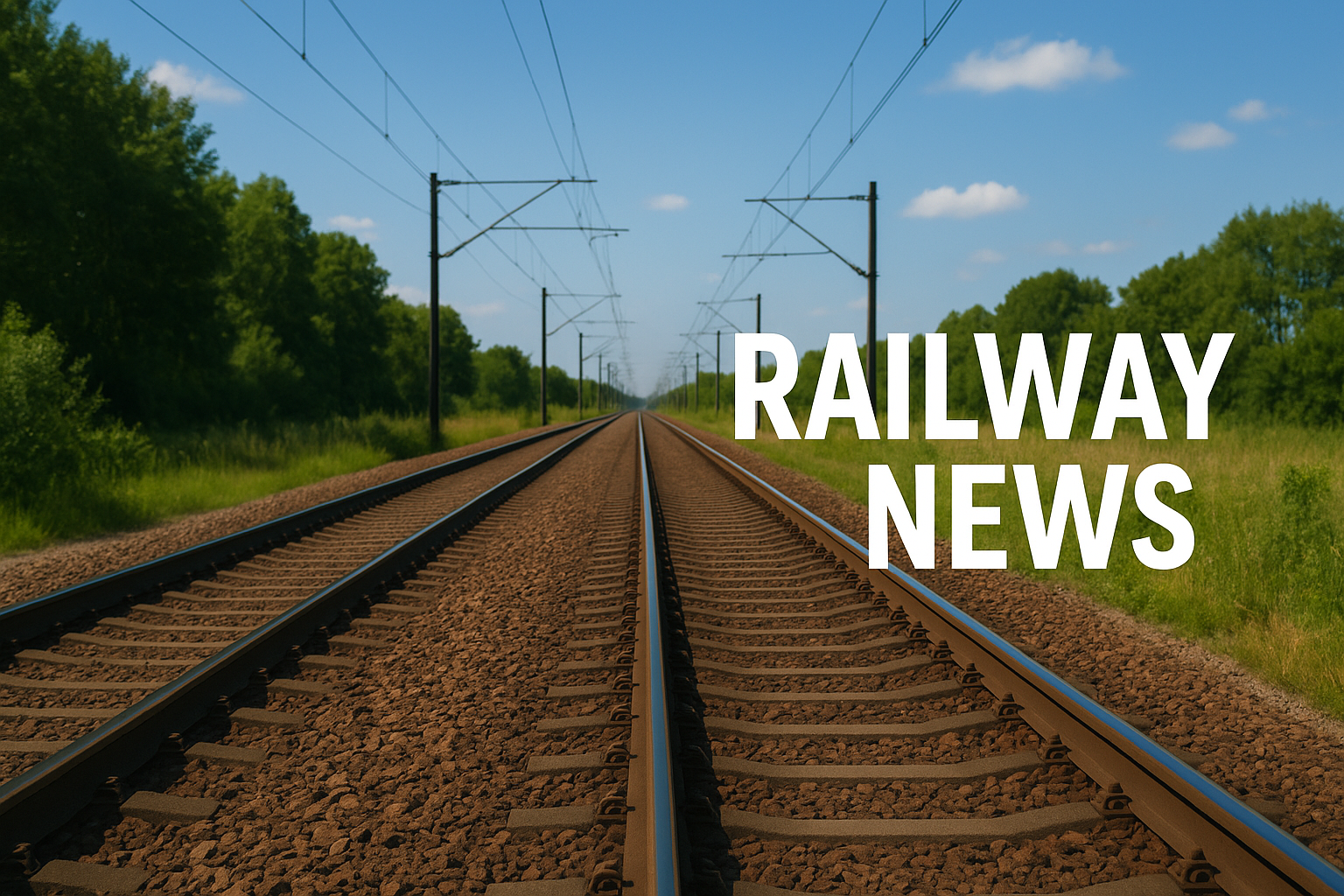Future of Rail: West Midlands Funding Boosts Green Innovations
West Midlands SMEs get funding boost for green transport solutions. Clean Futures Accelerator offers crucial financial backing and expert support for innovative, low-carbon transport.

West Midlands SMEs Offered Funding Boost for Green Transport Solutions
Connected Places Catapult has announced the latest round of its Clean Futures Accelerator, providing crucial financial backing and expert support to small and medium-sized enterprises (SMEs) in the West Midlands. The initiative, which opens for applications now, aims to accelerate the development and testing of innovative, low-carbon transport solutions within the region. The program, launched on June 3, 2025, targets SMEs based in the West Midlands and will disburse up to £300,000 across ten businesses. This funding represents a significant opportunity for railway-related SMEs to innovate and contribute to a greener future for the sector. Why? To drive down carbon emissions and stimulate economic growth. How? Through trials, in-kind match funding, and expert support. This article will delve into the specifics of the program, highlighting the potential benefits for SMEs and the broader implications for the UK’s railway industry.
Funding and Program Details
The Clean Futures Accelerator, delivered in partnership with Coventry University, forms part of the larger West Midlands Innovation Accelerator. Supported by the Department for Science, Innovation and Technology, Innovate UK, and the West Midlands Combined Authority, the program’s financial backing is a critical component. SMEs can apply for funding ranging from £10,000 to £50,000, depending on the complexity and scope of their proposed trial. A key requirement for applicants is to offer 100% in-kind match funding, demonstrating a commitment to the project’s success. The program is specifically targeting innovations in net-zero manufacturing, future fuels, clean energy conversion, and the circular economy. This focus strongly aligns with efforts across the railway sector to reduce its environmental footprint, for example, by transitioning to electric locomotives, or utilizing recycled materials in track maintenance and construction.
Comprehensive Support for SMEs
The accelerator program offers more than just financial assistance; it provides comprehensive support to help SMEs succeed. Participants benefit from commercial support from Connected Places Catapult, assisting with business strategy and market access, and technical support from Coventry University’s Institute for Advanced Manufacturing and Engineering. This collaborative approach ensures projects receive guidance from both business and engineering perspectives. Additionally, participating companies will gain access to specialized facilities, networking opportunities, and the Clean Futures Industry and Investor Board. These features will enable SMEs to refine their innovations and connect with potential investors and industry partners, which will be crucial for scaling up their operations and making a lasting impact on the railway industry.
Previous Successes and Examples of Railway Industry Application
The Clean Futures Accelerator has a proven track record of success. Over the past two years, the program has been instrumental in helping participating businesses raise over £125 million in co-investment and create more than 50 jobs. While not specifically railway-focused, the innovative technologies developed by past participants have potential application in the railway sector. For example, if a company develops a rapid freight loading system (like BoxTube did), this can significantly reduce dwell times, improving operational efficiency. The digital twin technology from Global Nano Network could be used to optimize maintenance schedules for railway assets, helping to improve performance. This shows the importance of the accelerator for a sector like railway that is becoming more and more reliant on innovation to stay competitive.
Industry Perspectives and the Call for Innovation
The importance of this initiative is underlined by key stakeholders. Sarah Windrum, Deputy Chair of the West Midlands Innovation Board, highlighted the accelerator’s role in providing “the platform, funding, and expert support” needed for pioneering businesses. Erika Lewis, CEO at Connected Places Catapult, emphasized the strategic importance of the West Midlands as a manufacturing hub and encouraged SMEs with green transport ideas to apply. Professor Marcos Kauffman of Coventry University noted that the program aims to drive the West Midlands towards net-zero transport while generating local employment and economic growth. Their collective support highlights the region’s dedication to attracting the best talent, and establishing itself as the hub for transport and engineering innovation.
Conclusion
The Clean Futures Accelerator represents a vital opportunity for West Midlands-based SMEs to contribute to the decarbonization of the transport sector. The program provides a robust combination of financial support, expert guidance, and access to crucial networks. By focusing on innovative solutions related to future fuels, clean energy conversion, and the circular economy, the initiative strongly aligns with the UK’s broader net-zero goals. The availability of funding, in-kind match funding, and the comprehensive support structure creates an ecosystem where innovative ideas can be nurtured and brought to market. This program’s success will have significant implications for the future of the railway industry, potentially accelerating the adoption of sustainable technologies, improving operational efficiencies, and reducing the sector’s environmental impact. The potential to make the railway a more sustainable industry depends on initiatives like the Clean Futures Accelerator, which fosters innovation and attracts investment to create a truly green transport ecosystem. The future lies in SMEs and their innovative solutions.





